The 'Neonatal Stem Cell Research' Special Interest Group
Welcome to the 'Neonatal Stem Cell Research' Special Interest Group of the European Society for Paediatric Research (ESPR)
The Neonatal Stem Cell Research SIG is a multi-disciplinary international group of ESPR researchers and stakeholders working together to discover and translate the newest advances in stem cells and cell-based therapies for neonatal conditions. Stem cells and cell therapies include biological cells and cell free products which have the potential to repair, protect and in some cases regenerate vital body tissues and improve organ function. Some neonatal cell therapies are already in early phase trials and evaluations in human studies, and through this SIG we hope to accelerate the translation of more such therapies.
-
Our objectives
The overal aims of the Neonatal Stem Cell Research SIG are:
- To enhance collaboration of interested ESPR members, researchers and stakeholders in neonatal stem cell research;
- To help disseminate important discoveries and learning amongst ESPR members in the field of neonatal stem cell research;
- To bring together the neonatal stem cell research community and broader pediatric/neonatal fraternity to focused symposia and other activities;
- To serve as a platform for young and early career researchers to access world leading research laboratories to further their academic pursuits;
- To harmonize regulatory aspects within the translational path from bench-to-bedside between Europe and other regions of the world.
-
Meet the SIG Chair & members
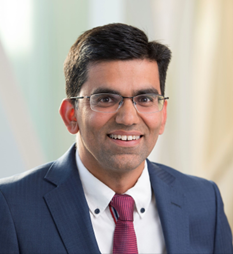 Atul Malhotra
Atul Malhotra
MD PhD, Neonatal Stem CellResearch SIG Chair,Monash University
Melbourne, Australia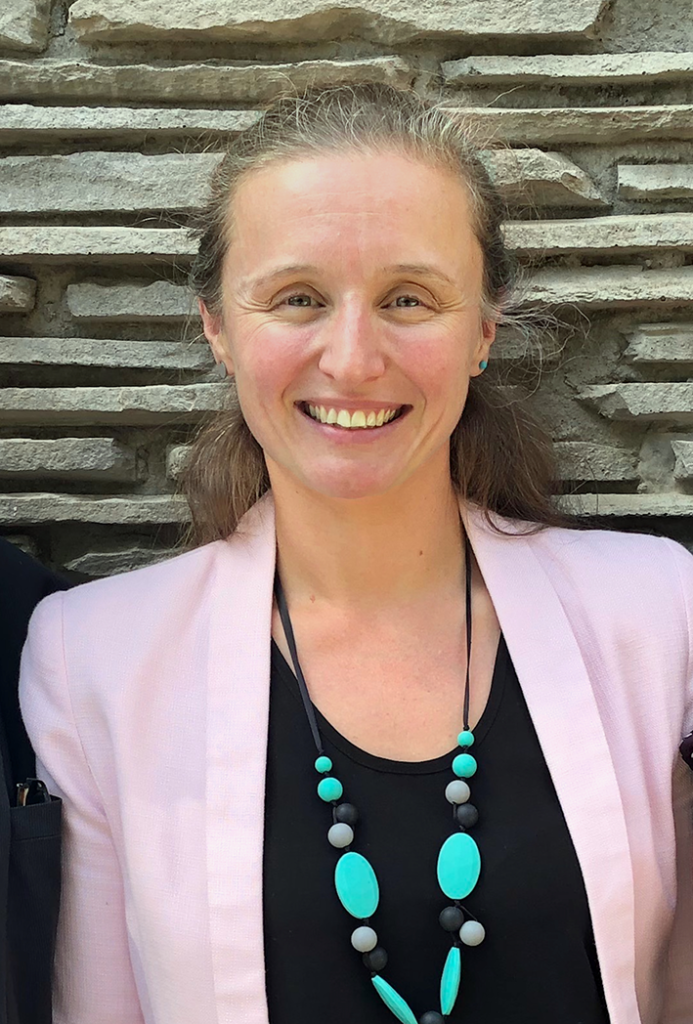 Bobbi FleissPhDRMIT UniversityAustralia
Bobbi FleissPhDRMIT UniversityAustralia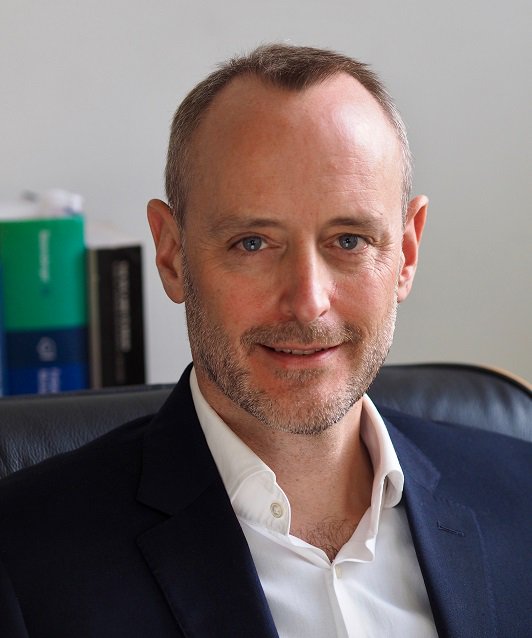 Charles C. RoehrMD, PhD, Medical Sciences Division
Charles C. RoehrMD, PhD, Medical Sciences Division
University of Oxford
United Kingdom
 David LeyMD, PhDLund UniversitySweden
David LeyMD, PhDLund UniversitySweden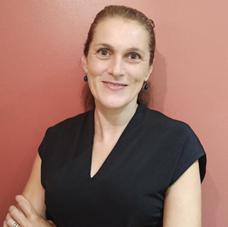 Deirde MurrayMD, PhDUniversity College CorkIreland
Deirde MurrayMD, PhDUniversity College CorkIreland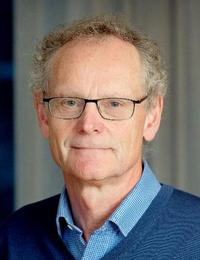 Henrik HagbergMD, PhD, University of GothenburgSweden
Henrik HagbergMD, PhD, University of GothenburgSweden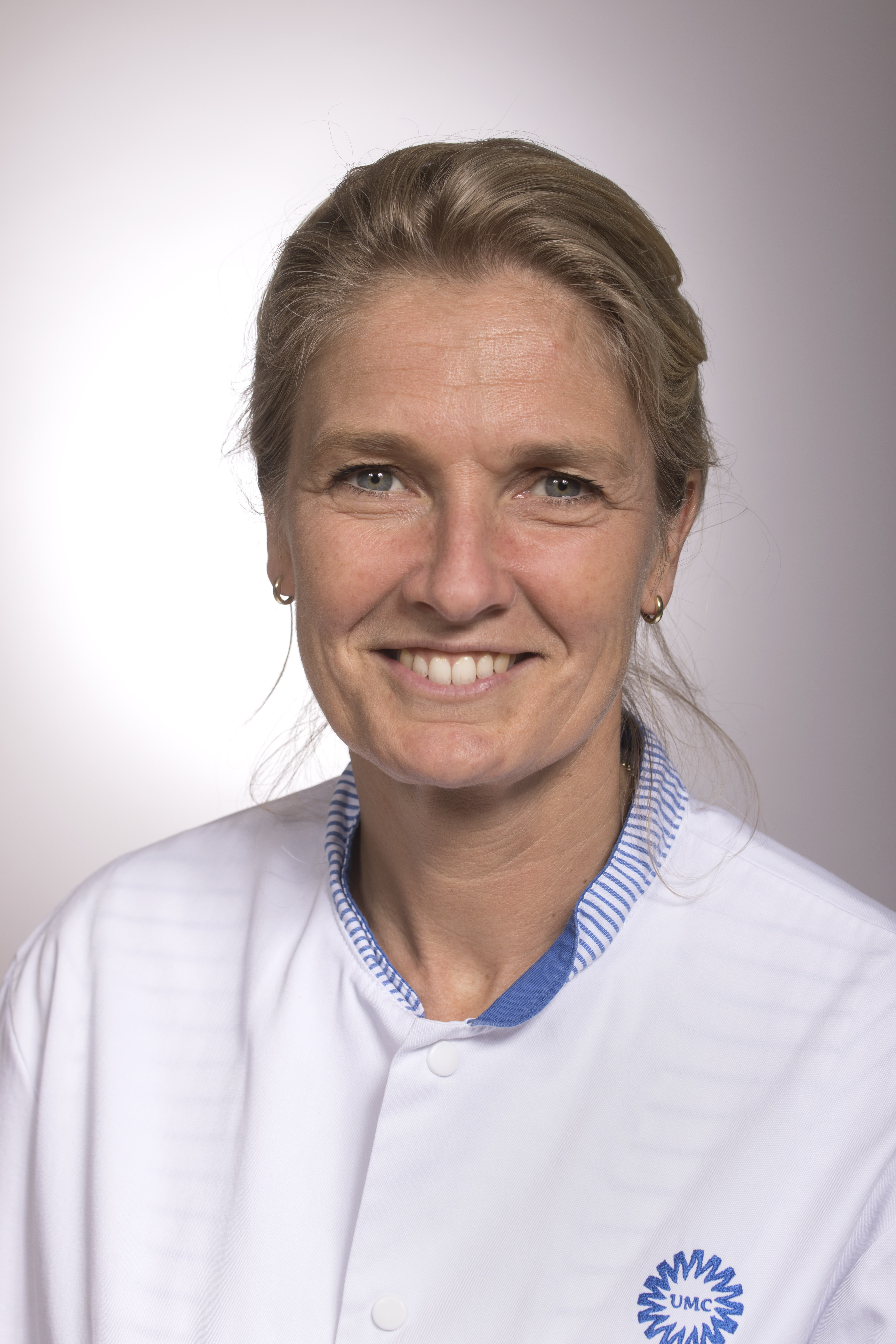 Manon BendersMD, PhDUMC UtrechtThe Netherlands
Manon BendersMD, PhDUMC UtrechtThe Netherlands Mario Rüdiger
Mario Rüdiger
MD, PhD, Technical University DresdenGermany Nikki RobertsonMB ChB, FRCPCH, PhDUniversity of EdinburghUnited Kingdom
Nikki RobertsonMB ChB, FRCPCH, PhDUniversity of EdinburghUnited Kingdom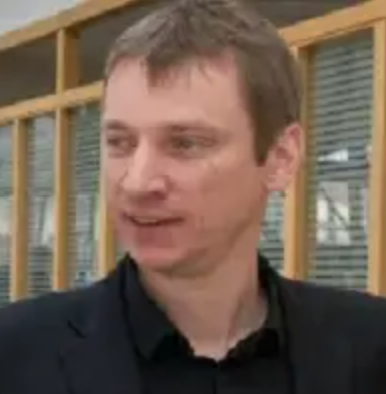 Pierre GressensMD, PhDINSERM U1141France
Pierre GressensMD, PhDINSERM U1141France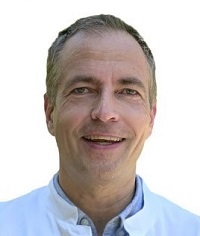 Sven WellmannMD, MBA, Children's Hospital Regensburg
Sven WellmannMD, MBA, Children's Hospital Regensburg
Germany Tim WolfsPhD, University of MaastrichtThe Netherlands
Tim WolfsPhD, University of MaastrichtThe Netherlands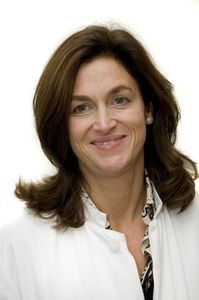 Ursula Felderhoff-MueserMD, PhD, University Duisberg-EssenGermany
Ursula Felderhoff-MueserMD, PhD, University Duisberg-EssenGermany Cora NijboerPhDUMC UtrechtThe Netherlands
Cora NijboerPhDUMC UtrechtThe Netherlands -
Upcoming projects & meetings of the SIG
- Regular online meetings of SIG members and interested parties;
- Regular neonatal stem cell symposia at jENS and CEPAS conferences;
- Online learning and teaching modules in stem cell biology, processing, and translation;
-
Publications
Recent publications from SIG members:
- Schang AL*, Van Steenwinckel J*, Lipecki J*, Ioannidou Z, Rich-Griffin C, Woolley-Allen K, Dyer N, Le Charpentier T, Schafer P, Fleiss B, Ott S, Saberan-Djoneidi D*, Mezger V*, Gressens P*. Epigenetic priming of immune/inflammatory pathways activation and abnormal activity of the cell cycle pathway in a perinatal model of white matter injury. Cell Death Dis., 2022, 13: 1038.
- Passera S, Boccazzi M, Bokobza C, Faivre V, Mosca F, Van Steenwinckel J, Fumagalli M, Gressens P*, Fleiss B*. Therapeutic potential of stem cells for preterm infant brain damage: can we move from the heterogeneity of preclinical and clinical studies to established therapeutics? Biochem Pharmacol, 2021, 186: 114461.
- Möbius MA, Freund D, Vadivel A, Koss S, McConaghy S, Ohls RK, Rüdiger M, Thébaud B. Oxygen Disrupts Human Fetal Lung Mesenchymal Cells. Implications for Bronchopulmonary Dysplasia. Am J Respir Cell Mol Biol. 2019 May;60(5):592-600.
- Labusek N, Mouloud Y, Köster C, Diesterbeck E, Tertel T, Wiek C, Hanenberg H, Horn PA, Felderhoff-Müser U, Bendix I, Giebel B, Herz J. Extracellular vesicles from immortalized mesenchymal stromal cells protect against neonatal hypoxic-ischemic brain injury. Inflamm Regen 2023 doi: 10.1186/s41232-023-00274-6.
- Kaminski N, Köster C, Mouloud Y, Börger V, Felderhoff-Müser U, Bendix I, Giebel B, Herz J Mesenchymal Stromal Cell-Derived Extracellular Vesicles Reduce Neuroinflammation, Promote Neural Cell Proliferation and Improve Oligodendrocyte Maturation in Neonatal Hypoxic-Ischemic Brain Injury Front Cell Neurosci 2020 Dec doi: 10.3389/fncel.2020.601176.eCollection 2020.
- Herz J, Köster C, Reinboth BS, Dzietko M, Hansen W, Sabir H, van Velthoven C, Bendix I, Felderhoff-Müser U. Interaction between hypothermia and delayed mesenchymal stem cell therapy in neonatal hypoxic-ischemic brain injury Brain Behav Immun 2018 May doi: 10.1016/j.bbi.2018.02.006.
- Drommelschmidt K, Serdar M, Bendix I, Herz J, Bertling F, Prager S, Keller M, Ludwig AK, Duhan V, Radtke S, de Miroschedji K, Horn PA, van de Looij Y, Giebel B, Felderhoff-Müser U. Mesenchymal stem cell-derived extracellular vesicles ameliorate inflammation-induced preterm brain injury. Brain Behav Immun 2017 doi: 10.1016/j.bbi.2016.11.011.
- Nair S, Rocha-Ferreira E, Fleiss B, Nijboer CH, Gressens P, Mallard C, Hagberg H. Neuroprotection offered by mesenchymal stem cells in perinatal brain injury: Role of mitochondria, inflammation, and reactive oxygen species. J Neurochem. 2021 Jul;158(1):59-73.
- Hawkins KE, Corcelli M, Dowding K, Ranzoni AM, Vlahova F, Hau KL, Hunjan A, Peebles D, Gressens P, Hagberg H, de Coppi P, Hristova M, Guillot PV. Embryonic Stem Cell-Derived Mesenchymal Stem Cells (MSCs) Have a Superior Neuroprotective Capacity Over Fetal MSCs in the Hypoxic-Ischemic Mouse Brain. Stem Cells Transl Med. 2018 May;7(5):439-449.
- Bell A, Watt AP, Dudink I, Pham Y, Sutherland AE, Allison BJ, McDonald CA, Castillo-Melendez M, Jenkin G, Malhotra A, Miller SL, Yawno T. Endothelial colony forming cell administration promotes neurovascular unit development in growth restricted and appropriately grown fetal lambs. Stem Cell Res Ther. 2023 Feb 14;14(1):29
- Zhou L, McDonald CA, Yawno T, Penny T, Miller SL, Jenkin G, Malhotra A. Feasibility of cord blood collection for autologous cell therapy applications in extremely preterm infants. Cytotherapy. 2023 May;25(5):458-462.
- Watt AP, Kirkland M, Nekkanti L, Pham Y, McDonald C, Malhotra A, Moeneclaey G, Miller SL, Jenkin G. Effect of expansion of human umbilical cord blood CD34 + cells on neurotrophic and angiogenic factor expression and function. Cell Tissue Res. 2022 Apr;388(1):117-132.
- Klein L, Ophelders DRMG, van den Hove D, Damoiseaux M, Rutten BPF, Reutelingsperger CPM, Schurgers LJ, Wolfs TGAM. Prenatal administration of multipotent adult progenitor cells modulates the systemic and cerebral immune response in an ovine model of chorioamnionitis. Brain Behav Immun Health. 2022 May 2;23:100458
- Park HY, van Bruggen VLE, Peutz-Kootstra CJ, Ophelders DRMG, Jellema RK, Reutelingsperger CPM, Rutten BPF, Wolfs TGAM. Time Dependent Changes in the Ovine Neurovascular Unit; A Potential Neuroprotective Role of Annexin A1 in Neonatal Hypoxic-Ischemic Encephalopathy. Int J Mol Sci. 2023 Mar 21;24(6):5929
- Gussenhoven R, Ophelders DRMG, Dudink J, Pieterman K, Lammens M, Mays RW, Zimmermann LJ, Kramer BW, Wolfs TGAM, Jellema RK. Systemic multipotent adult progenitor cells protect the cerebellum after asphyxia in fetal sheep. Stem Cells Transl Med. 2021 Jan;10(1):57-67
-
How to engage with us
Please contact the ESPR Secretariat via office@espr.eu. We will be more than happy to forward your request to the members of the Neonatal Stem Cell Research SIG.
